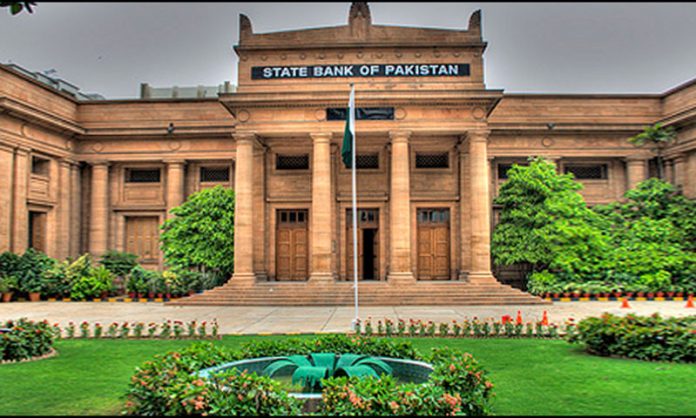KARACHI: The increase in investment by foreign investors in debt instruments is an encouraging sign for the Pakistani economy, the State Bank of Pakistan (SBP) said on Monday.
“Recently, international investors have started investing in debt instruments issued by the Government of Pakistan. This is largely a manifestation of their growing confidence in the positive outlook for the economy. As endorsed by international financial institutions, including the International Monetary Fund (IMF), the Asian Development Bank (ADB) and the World Bank, and rating agencies, our reform programme is beginning to show results,” the state bank said in a statement.
The current level of such investment stands at $1.2 billion, according to the SBP. Foreign inflow in bonds is expected to reach $3 billion at the end of the fiscal year.
“This rise in international investors is due to combination of factors, including a market-base exchange rate, and an improvement in Pakistan’s balance of payments. This rise is despite the fact that interest rates were higher in the past than the current 13.25 per cent policy rate,” according to the SBP.
The central bank further stated that taxation for investment has also been simplified, which will promote interest in investments in longer dated maturities as well.
Monday’s statement was an attempt to allay fears and clarify ‘misconceptions’ about the investments in Pakistan’s debt markets.
To bolster its case, the SBP said that the international investors have been investing in Pakistan’s equity markets for a long time.
“Such investors have been able to move capital in and out of our financial markets without problems for the Pakistan economy,” the statement read.
The SBP outlined that there were few risks associated with the investments, saying that it was less than 2 per cent of total government securities and less than 0.5 per cent of Gross Domestic Product (GDP).
The investments also account for less than one-fifth of the increase in SBP’s net reserve buffers, since the bulk of the increase is due to an improvement in the current account.
“There are several emerging market economies that have attracted investments from international investors in much greater amounts on a sustainable basis in their local currency debt markets and have used them as a major stimulus in their macroeconomic development,” the SBP said.
The central bank also argued that foreign investment in government securities provides benefits to the economy.
“First, such investment helps to deepen capital markets by increasing the pool of funds available in the local market and diversifies the investor-base. Second, such investment helps to allow banks to deploy available funds for lending to the private sector since there is growing competition from international investors for placements in government securities. Third, such interest by international investors raises the demand for government securities and accordingly lowers yields and reduces the cost of borrowing for the government.”
It also added that a rise in international investors will have a positive effect, whereby international best practices will be introduced in local practices and institutions.
























